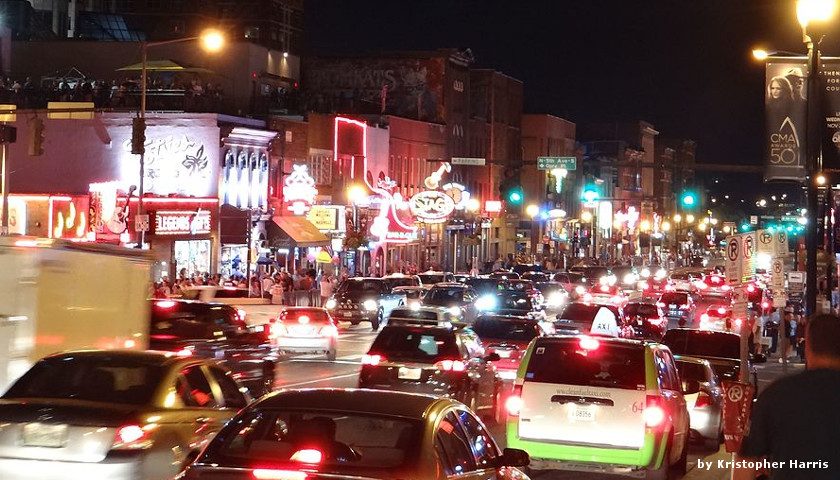by Michael Catanach
Former Nashville Mayor Megan Barry unveiled a multi-billion-dollar transit plan in 2017; the proposal included an underground commuter tunnel, a light rail, as well as expanded bus services.
The $9 billion infrastructure project would make Nashville one of the highest taxed cities in the country (an additional $50 more a month per a family) if passed on May 1.
The estimated time of completion for the project lists 2032, while the first light rail would begin limited services around 2026. By the time Middle Tennesseans could benefit from the mass transit, several other innovations may be more efficient.
Ride-Share Services
On-demand services have become increasingly popular since debuting in 2009. Both Lyft and Uber provide an alternative for commuters at a low cost. The platform expanded it services to UberPOOL and Lyft Line, which allows multiple people to carpool at a time.
Other U.S. cities have adopted a public-private service following a similar model to ride-share with vans after rejecting a similar mass transit tax proposal.
Autonomous
The National Highway and Safety Administration predicts that self-driving vehicles are expected to be fully automatic by 2025, years ahead of the light rail. LINDAR technologies uses sensors to detect other motorists on the roadways, guiding the autonomous vehicles.
Bloomberg Philanthropies named Nashville one of six cities to test autonomous vehicles in 2016. Bloomberg Aspen Initiative, the project behind the self-servicing cars, provides urban planners and technology strategists for each city involved.
Hyperloop
Hyperloop One’s proposal first surfaced in 2014 and later partnered with Virgin Group to develop the new form of public transportation. The innovation is described as a magnetic generated vehicle within a tube, either below or above ground.
According to Virgin, the hyperloop concept will require far less to construct and operate than a traditional light rail. Unlike a commuter train, the hyperloop does not require power along the tracks, which drastically reduces the cost of operation.
Hyperloop One would also decrease the time spent traveling by a fraction. Projections for the tube connecting Los Angeles to Las Vegas ran at 30 minutes, as oppose to 2 hours and 40 minutes by rail.
Several other U.S. cities have also expressed interest in using the technology. The project is expected to be fully operational by 2021.
With all of these alternatives and more efficient transportation models coming available in the near future, Nashville should work on a better transit plan that would help traffic and be beneficial to everyone in the metro area as well as the surrounding counties. For that reason, I would ask my fellow Nashvillians to vote against this current proposal on May 1.





